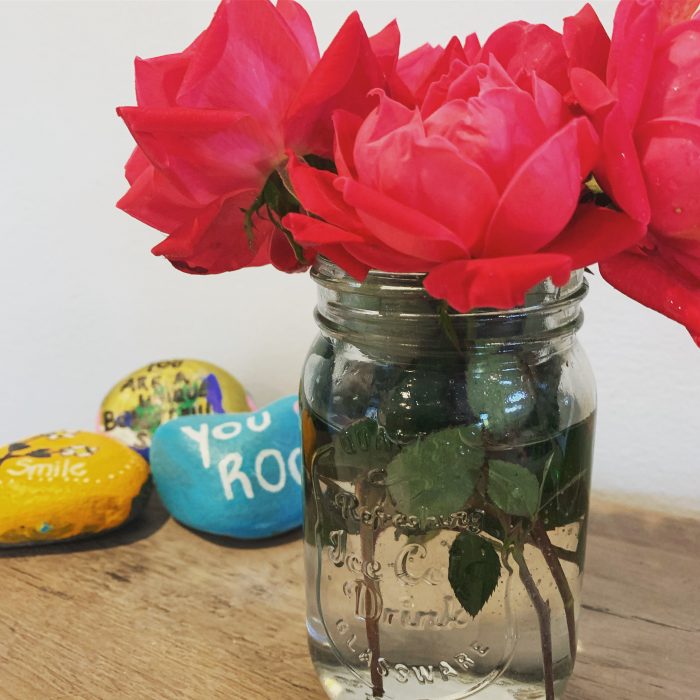The life-changing experience happens.
You lose the job, lose your relationship, lose a marriage, lose a home, get into a car accident, lose a parent, lose a loved one, lose a sibling, lose a child. No matter the experience, healing from any type of trauma requires time and suffering.
But is it time better spent alone or surrounded by people? Or both?
When a person experiences trauma, their entire decision making process is compromised. A part of healing is beginning to strengthen the central nervous system, which our decision making stems from and that requires small steps, as much quiet as possible and giving yourself grace.
I know. I know what you’re thinking. She just said, “Give myself grace.” (Insert eye roll emoji) What does that even mean??? Didn’t I just see that written on a t-shirt on an Instagram ad I just scrolled by?
Giving yourself grace means you stop talking to yourself like you hate yourself.
Giving yourself grace means that you don’t belittle your accomplishments or failures by promoting negative self-talk.
Giving yourself grace means not carrying guilt that is not yours to carry.
Giving yourself grace means sleeping when you need to sleep, crying when you need to cry, getting in your car and driving while listening to 80’s ballads and punching a wall when you need to punch a wall.
It is undeniable that what follows trauma is suffering. Suffering is not optional following a traumatic experience. You must go through it, not around it. Humans are inclined to reach outside of themselves at the first signs of suffering and being uncomfortable in their skin to avoid the pain of the traumatic experience.
This is their body’s alarm saying to them, “Not now! We can’t deal with this now!”
Drugs, alcohol, promiscuous sex and other questionable behavioral engagements can often trick a person that has experienced trauma and is not addressing it in a healthy way (working through the suffering) that they are actually okay.
You are not okay.
And that is absolutely okay.
So either which way you land with suffering; acknowledging it, respecting it or acting out to fill a void; is it better to heal in isolation or around others?
Does isolation have to mean completely alone? Definitely not. It may be a fine line that you create for yourself ensuring significant time alone, dinner with a friend, a quick hug from a family member or a walk in the park with a neighbor. Over a period of time.
Possibly the balance between healing alone or not alone is being aware, which will also work to strengthen your central nervous system. If your time is becoming unmanageable; emotionally, spiritually or physically by another person and what they have going on, then you’re not working on healing following your trauma.
There is also no timeframe for your healing process. You’re not going to wake up a month, six months, a year or two years later and go, “I am all better now, thanks for standing by.”
No.
Each day you will rebuild. You will rebuild every time your eyes open in the morning, you will rebuild by sleeping until noon, you will rebuild by letting people know how you’re doing and asking them how they are doing is good to do too.
You will rebuild by remembering to eat, sleep, shower and maybe even exercise. You will rebuild by showing up for work when you’re ready. You will rebuild by showing up for yourself.
Every day, whether you think you had a good day or a bad day, you will rebuild on all these days.
All of these days.
The best way to give yourself grace is to give yourself the time to heal, however that works for you. Your purpose will be revealed through your suffering.
Just heal.











Read 0 comments and reply